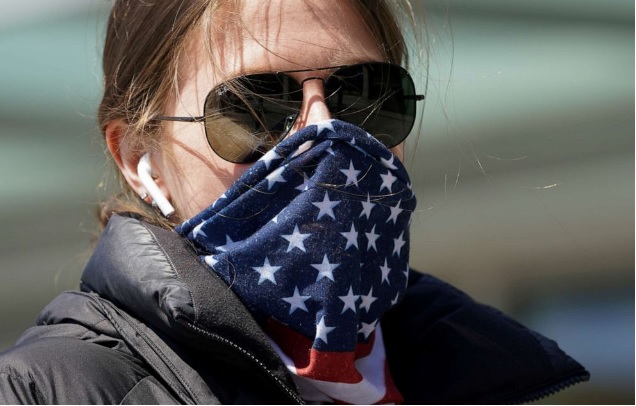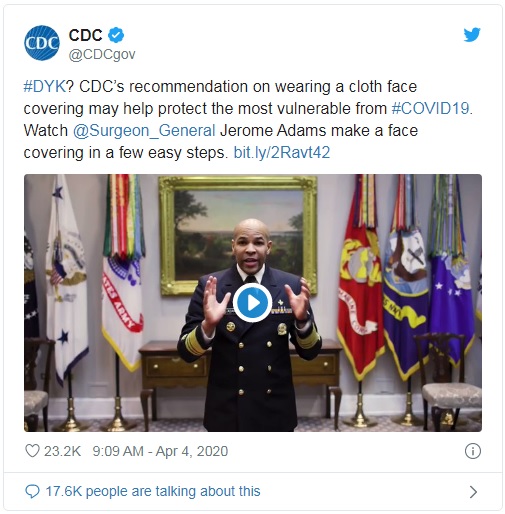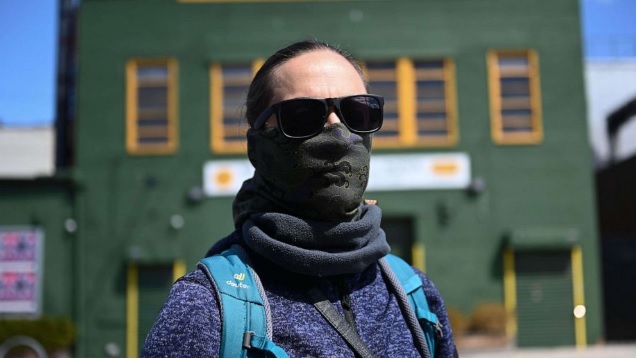Following the Centers for Disease Control and Prevention's new recommendation that Americans wear cloth face masks in public, especially in areas with significant COVID-19 spread, many are asking which materials offer the best protection against the virus.
Americans can use "cloth face coverings fashioned from household items or made at home from common materials at low cost," the CDC website says.
Masks work in two ways, Schaffner explained.
They prevent particles from exiting the mask wear's nose and mouth but masks also prevent outside particles from getting inside the wear's nose and mouth. Still, the data to support wearing cloth masks to keep particles out, and thus stop the mask wearer from getting sick, is thin, he said.
In other words, wearing a cloth mask probably won't protect you. But that doesn't mean you should ignore the CDC's recommendation to wear one.
There's mounting evidence that a significant number of individuals who contract the virus may spread it before developing symptoms, or may be asymptomatic.

Man with Joker face mask is walking during the coronavirus pandemic in New York, April 1, 2020.

A woman wears a stars and stripes bandana for a face mask, amid the coronavirus disease (COVID-19) fears, in Washington, April 2, 2020.


A woman with a face mask walks around the Greenpoint section of Brooklyn, New York, April 4, 2020.

